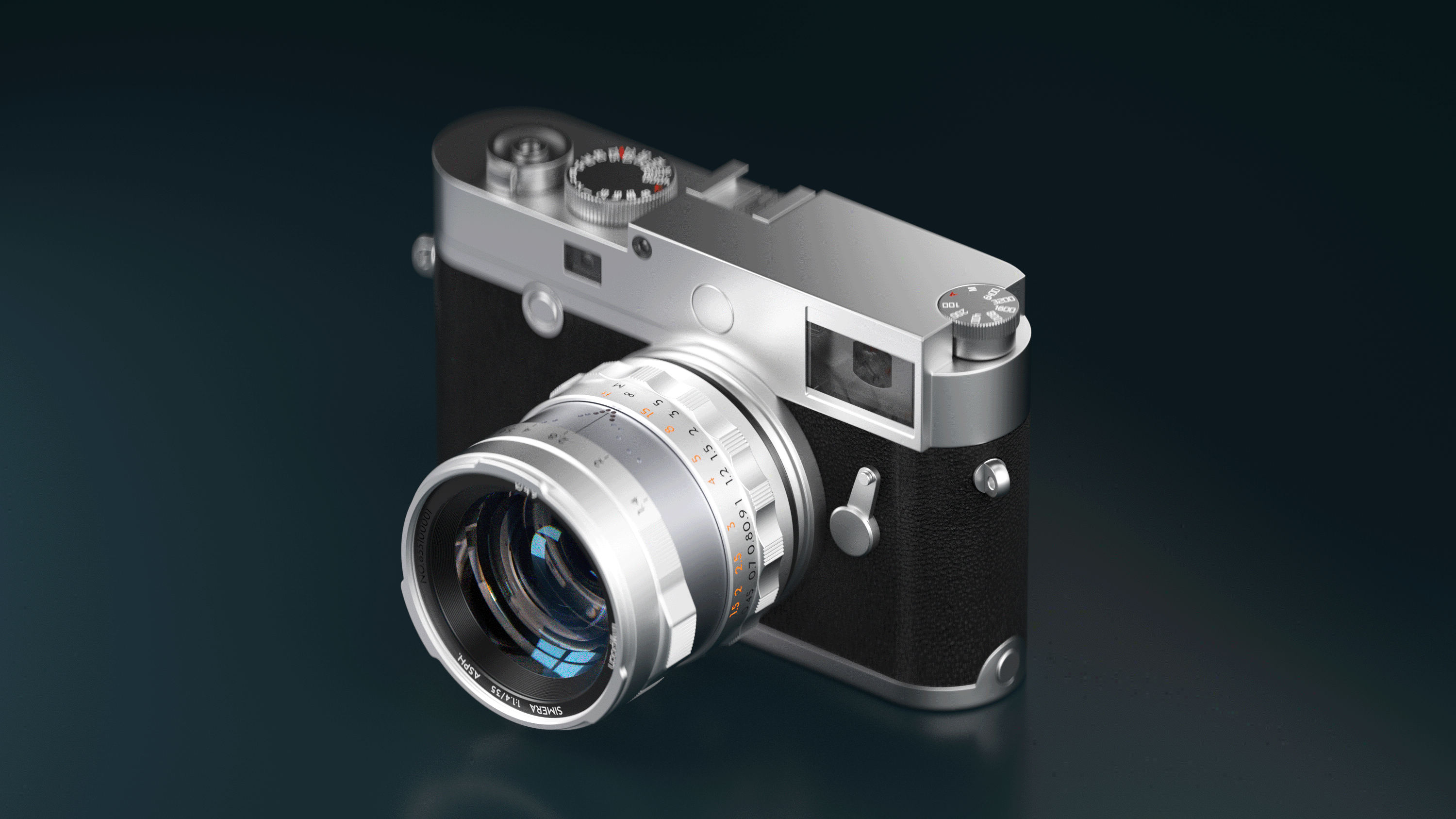Repost from "Fujilove" -- Simera 35mm f/1.4 review
Editor Note:
The article is written by @drobertsphoto, originally published in FujiLove Magazine, and is authorized for publication on thypoch.com.
Founded in 2023 and based out of Hong Kong, Thypoch lenses have been designed to do one thing and one thing only: topple Leica off its throne. While these lenses were indeed designed for Leica M rangefinders, they also have many features that make them very attractive to the Fujifilm ecosystem. It's the first time (to my knowledge) that a lens manufacturer has squarely targeted a space left vacant on the X-Mount: the premium lens.
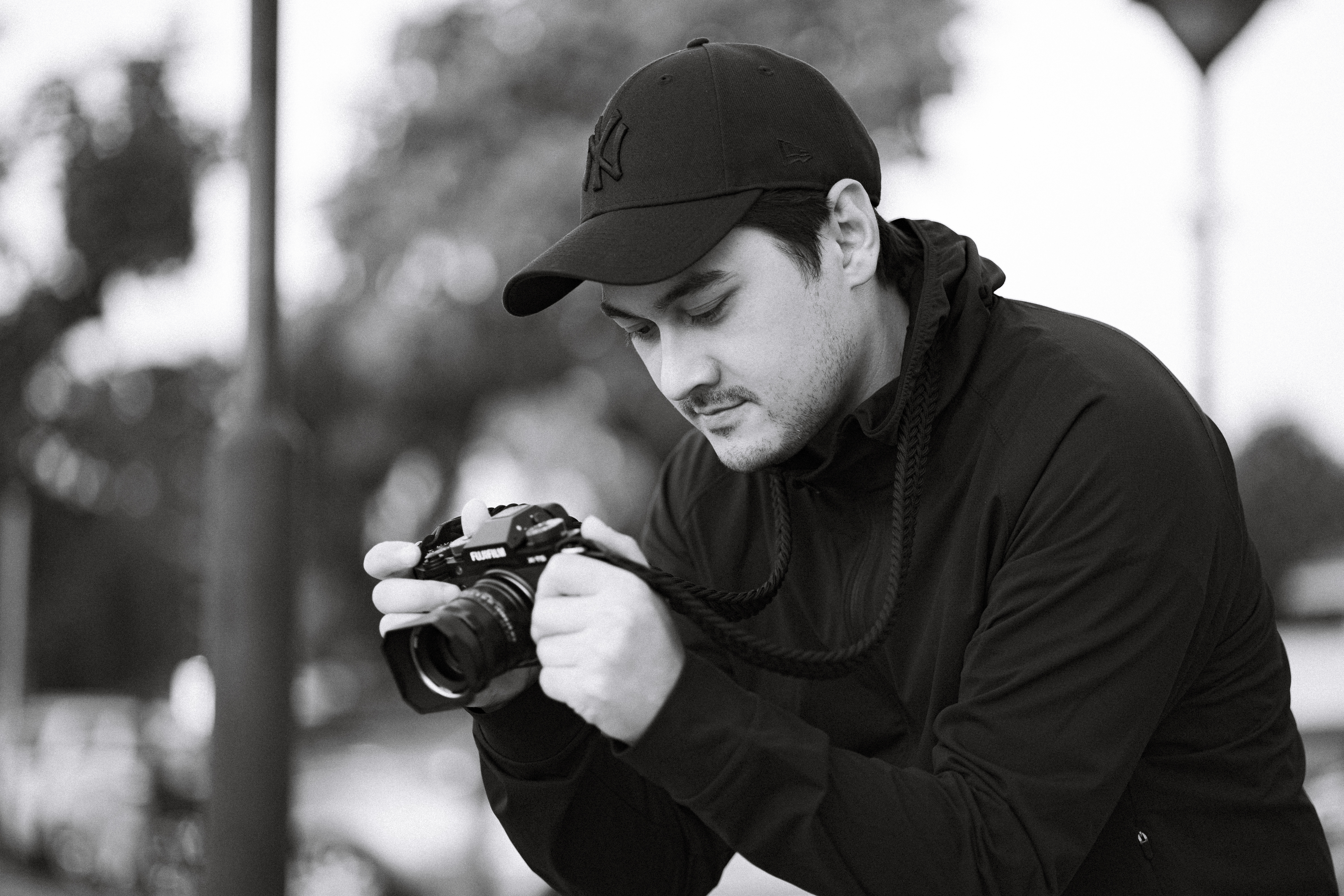
These lenses are designed for the express enjoyment of ownership and joy of making images. Featuring a full metal build from mount to filter thread, everything from the markings to scalloping is precise and perfect. Along with said filter thread, the lens also comes with a chrome bayonet for the included square metal lens hood, a very welcome inclusion as it can be an expensive add-on item. You will find on the barrel multiple dots that show red depending on your aperture, giving a visual aid as to your depth of field—a redundant leftover from the film era and an idea initially implemented by the Alpa Kern Switar in the 50s, yet a charming addition all the same. These lenses also vary slightly from their Leica M counterparts, offering a focus tab and smooth continuous focus throw down to 0.45m that make them far more useable on a mirrorless system, unhindered by parallax issues that the Leica rangefinders have to account for. The 35mm Simera has an aperture range of f/1.4 to f/16 and has a switch to click or de-click the aperture. The aperture itself is very smooth to operate and the clicks, while tactile, are not overpowering and have just enough tension to keep the ring at your chosen f-stop.
.jpg)
The only downside I can find is that, unlike Voigtlander (its nearest competitor), Thypoch lenses do not come with electronic contacts to pass EXIF data to the camera. I am sure this would add to the cost of the lens but as a premium purchase, the omission of such a quality-of-life feature is a rather glaring one. You can, however, name the lens under “Adapter Settings” so you will be able to identify images taken with this lens via EXIF, albeit not the aperture used. You will, of course, have to enable “Shoot Without Lens” in the camera also. Now that I have adequately described these lenses externally, I do want to talk about them optically before going to the real heart of my project: making nostalgic imagery. These lenses are not your run-of-the-mill optics; careful design has gone into them, and they offer premium benefits such as aspherical elements (that you see in our very own red badge zooms) and floating lens elements that allow for that 0.45m close focus. Whilst not groundbreaking in the Fuji world, it is in Leica and comes at a 10x premium to these lenses. These are certainly positives when deciding to go for a native X-Mount Thypoch over adapting any M lens. Having adapted my fair share in the early days of mirrorless, I can say it's a princess and the pea thing: small from the outside but enough over time to cause irritation, though not quite sleepless nights!
.png)
Thypoch has brought a lens to the market that, whilst not having the bells and whistles of modern lenses, mitigates many drawbacks of older vintage and rangefinder ones without losing what makes them so special. People often talk about the ‘Leica look’ that is defined by a soft booming halation and a low contrast image that retains sharpness, producing characterized smooth tonality. Not many third parties can claim similar results, with both Zeiss and Voigtlander having their own distinct looks. Thypoch can, however; these lenses exhibit very pleasing and similar characteristics to your ‘Leica look’ and the only other manufacturer that I have used that can claim the same is early Canon (LTM, FL and some early FD), which is no surprise considering back then they were heavily inspired by Leitz designs.

.jpg)
.jpg)
I’ve not been fair to the Simera 35mm on this one. The Thai festivals I chose to photograph with it were indeed a gift—a special and rare occurrence that each year gets more and more commercialised. However, the price for that gift was a torture test. With many occurring at night with hardly any light, taming ISO values went straight out the window in favour of motion-stopping shutter speeds. This lens had it tough and that f/1.4 aperture was put to work. I think the images speak for themselves. I was needlessly afraid when checking my back screen that I would come away with nothing but the way this lens renders images even in the worst of conditions is superb. This is a unique aspect, that a lens with vintage leanings can be relied on so thoroughly, throw it all at the Simera and it takes it in stride. The most important question seems to be: “Who is this lens for?” I think two types of people will really benefit from the Simera 35mmF1.4. The first would be someone looking to treat themselves and buy something ‘nice’ for their Fujifilm kit. The Simera is a beautiful object to own with the performance to back it up. My black versions match my black Fujifilms very well with similar design elements such as the white and red markings, making them feel like a cohesive part of the Fujifilm user experience. The second would be someone wanting a speciality lens, something to keep in the camera bag and take out when they need some creative options or are feeling a little uninspired. The 35mm Simera has minimal drawbacks so makes a perfect pick, provided you are a fan of the field of view.
It becomes slightly harder to recommend this as a lens that would replace a Fujinon, however. Fujifilm is a vastly different space to play than Leica, despite abundant similarities and whilst technically impressive for an M-Mount lens, it is going to be a novelty for most Fujifilm shooters. I can’t in good conscience say otherwise, no matter how much it suits my own style of shooting and preferences in image rendering.
Check more about Simera 35mm & 28mm f/1.4 here.

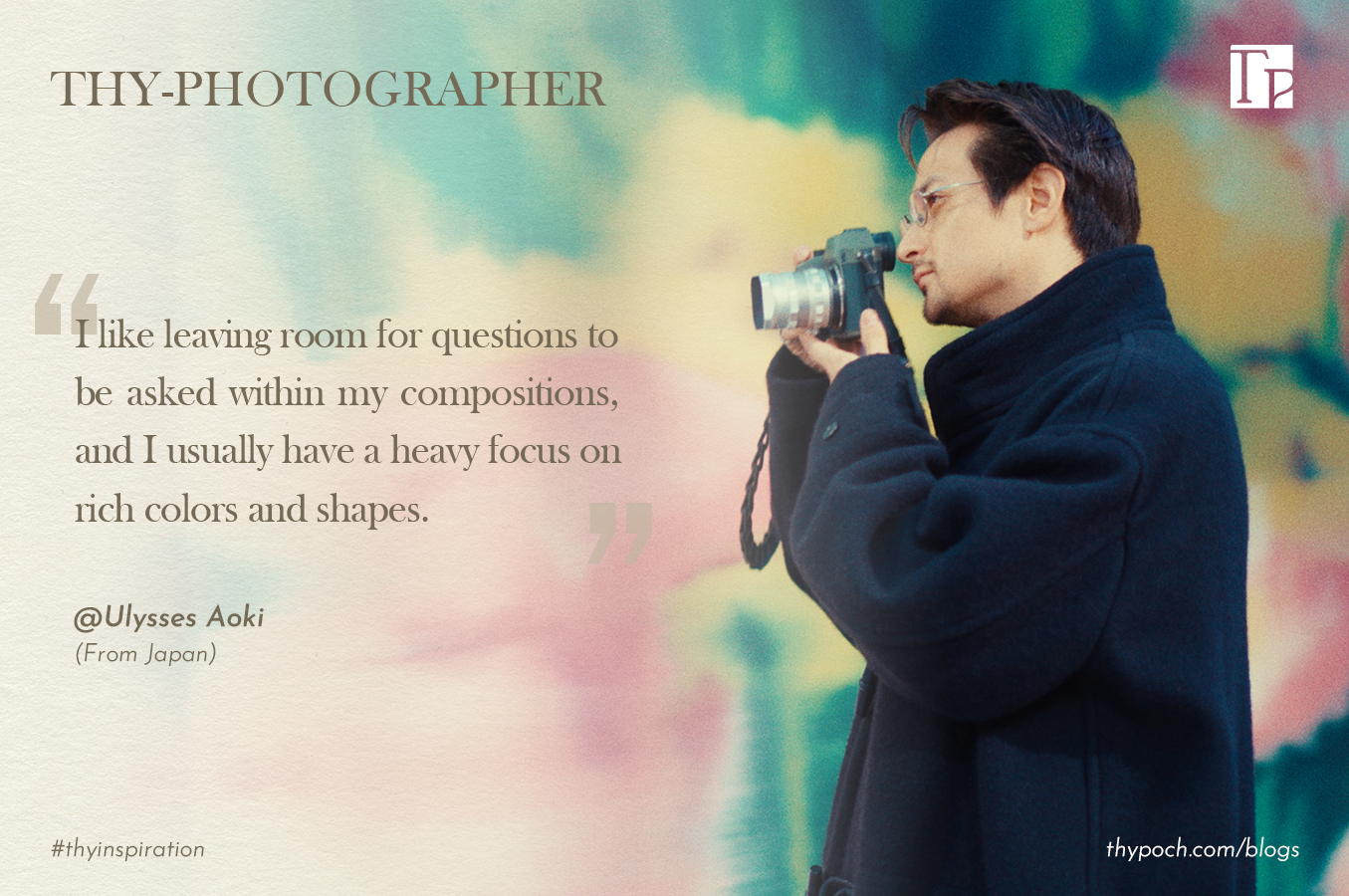
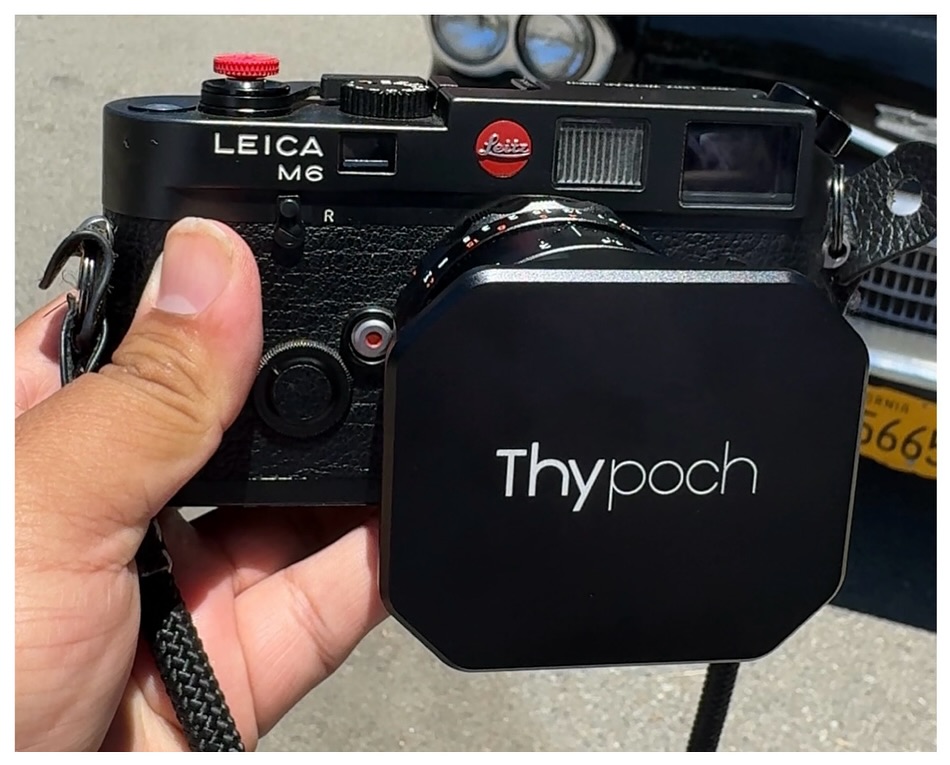
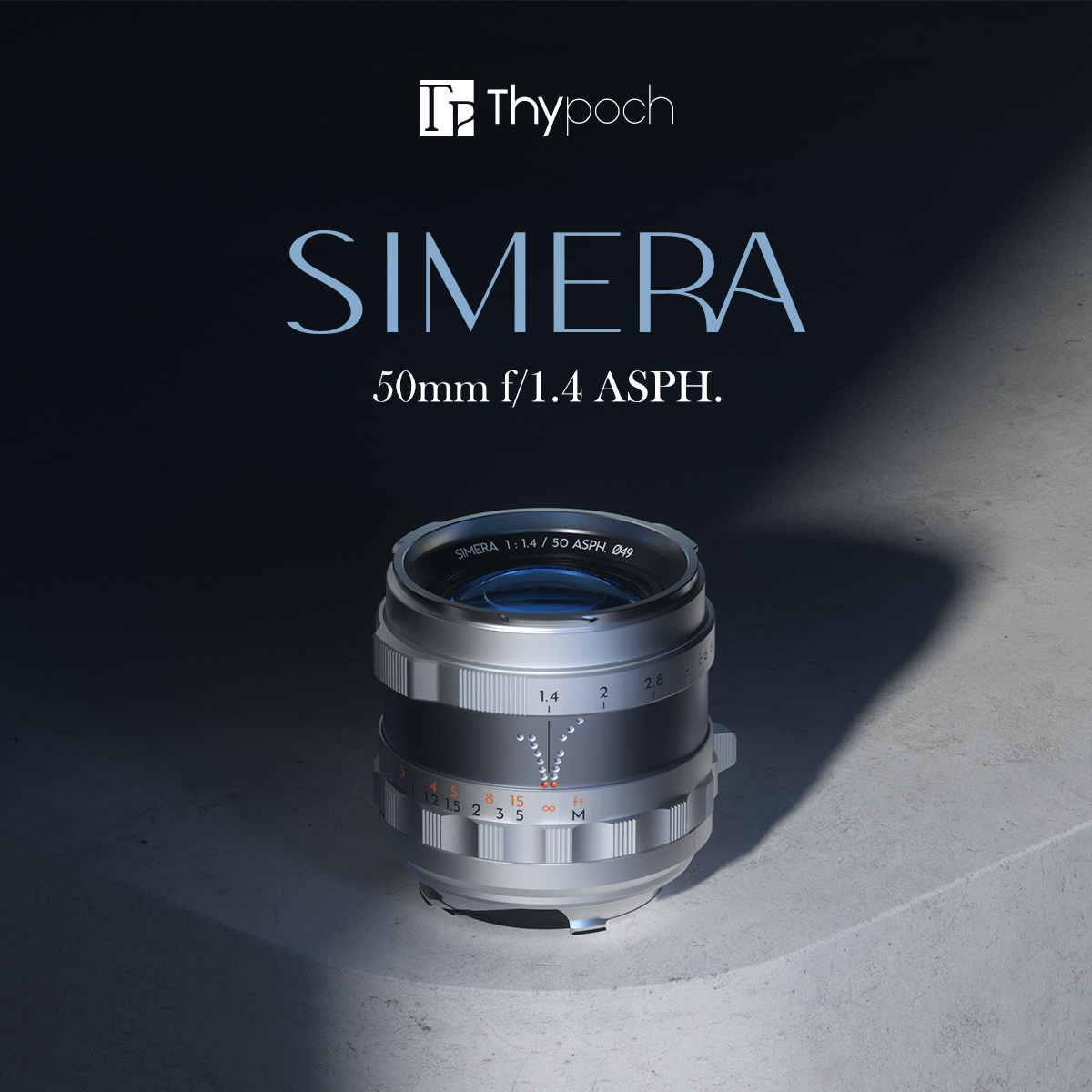


.jpeg)



.jpg)

.png)
.png)
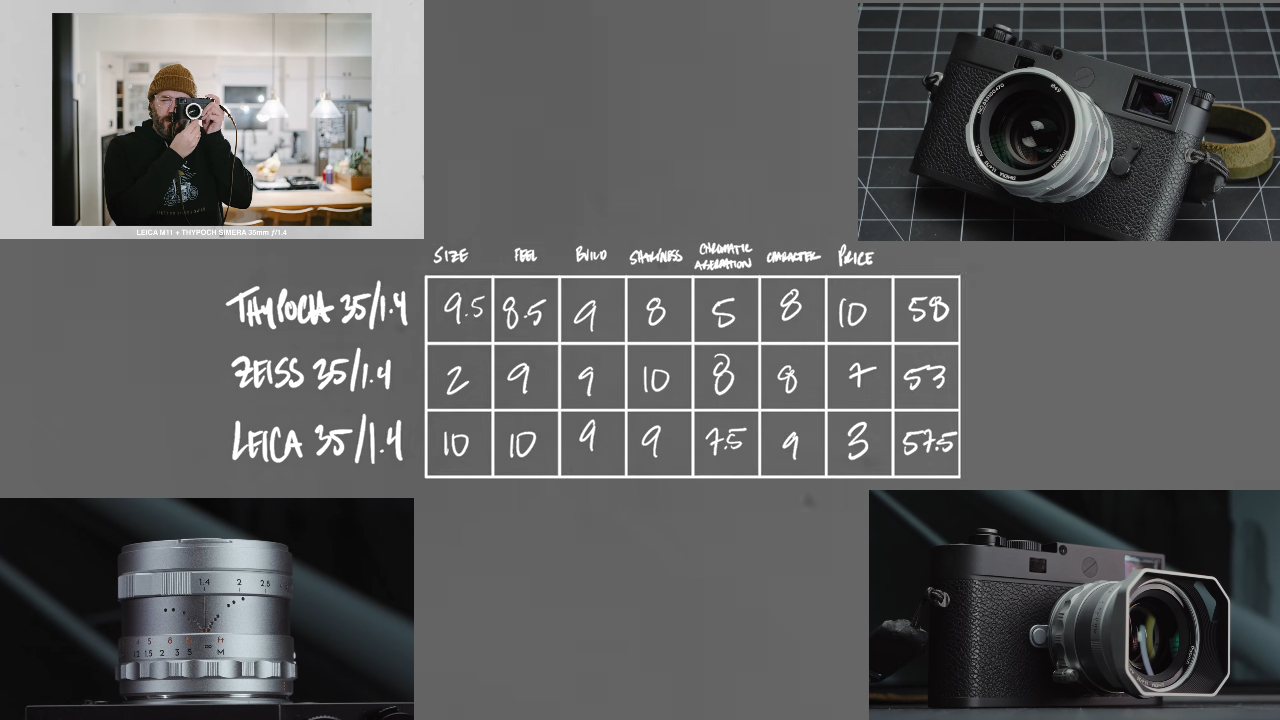

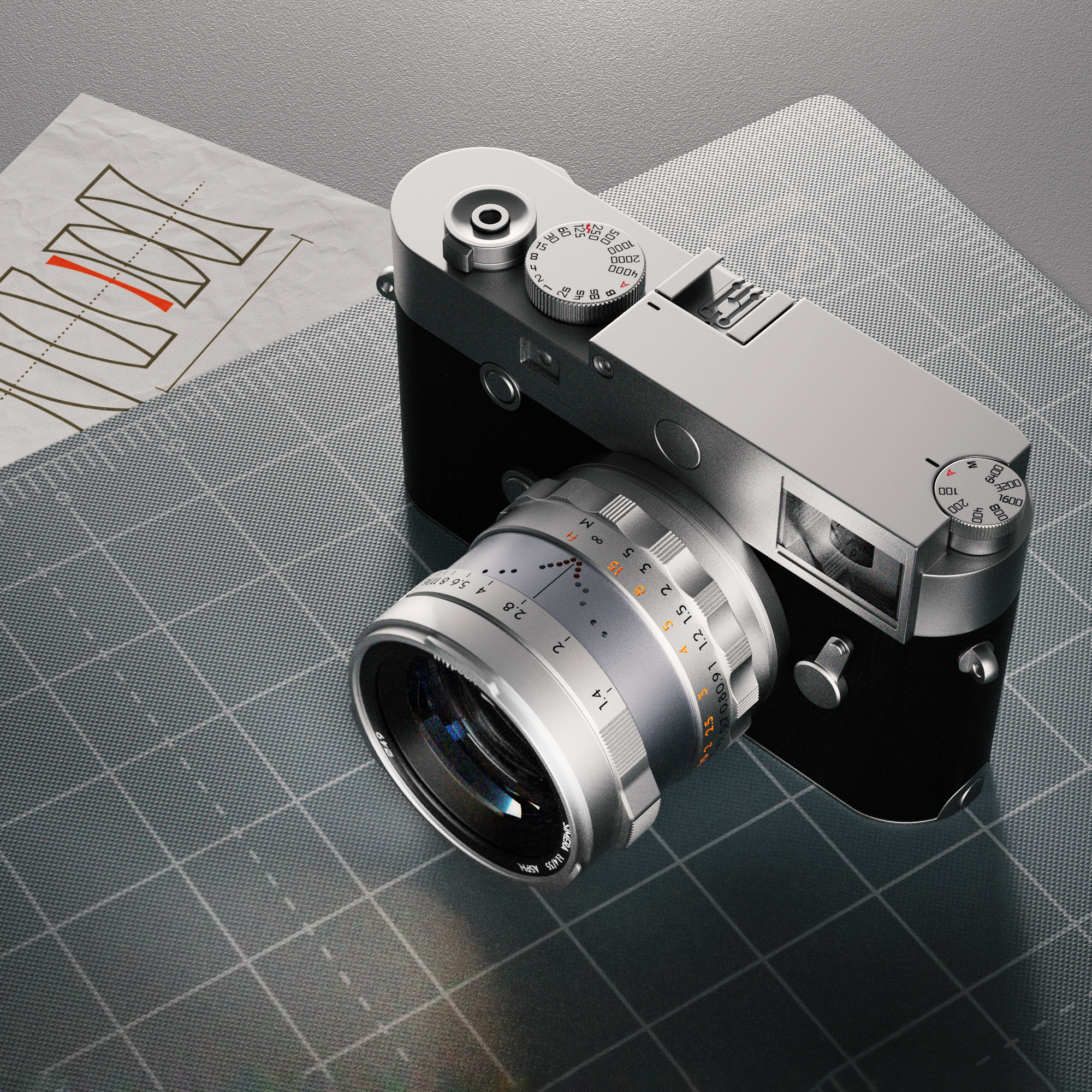
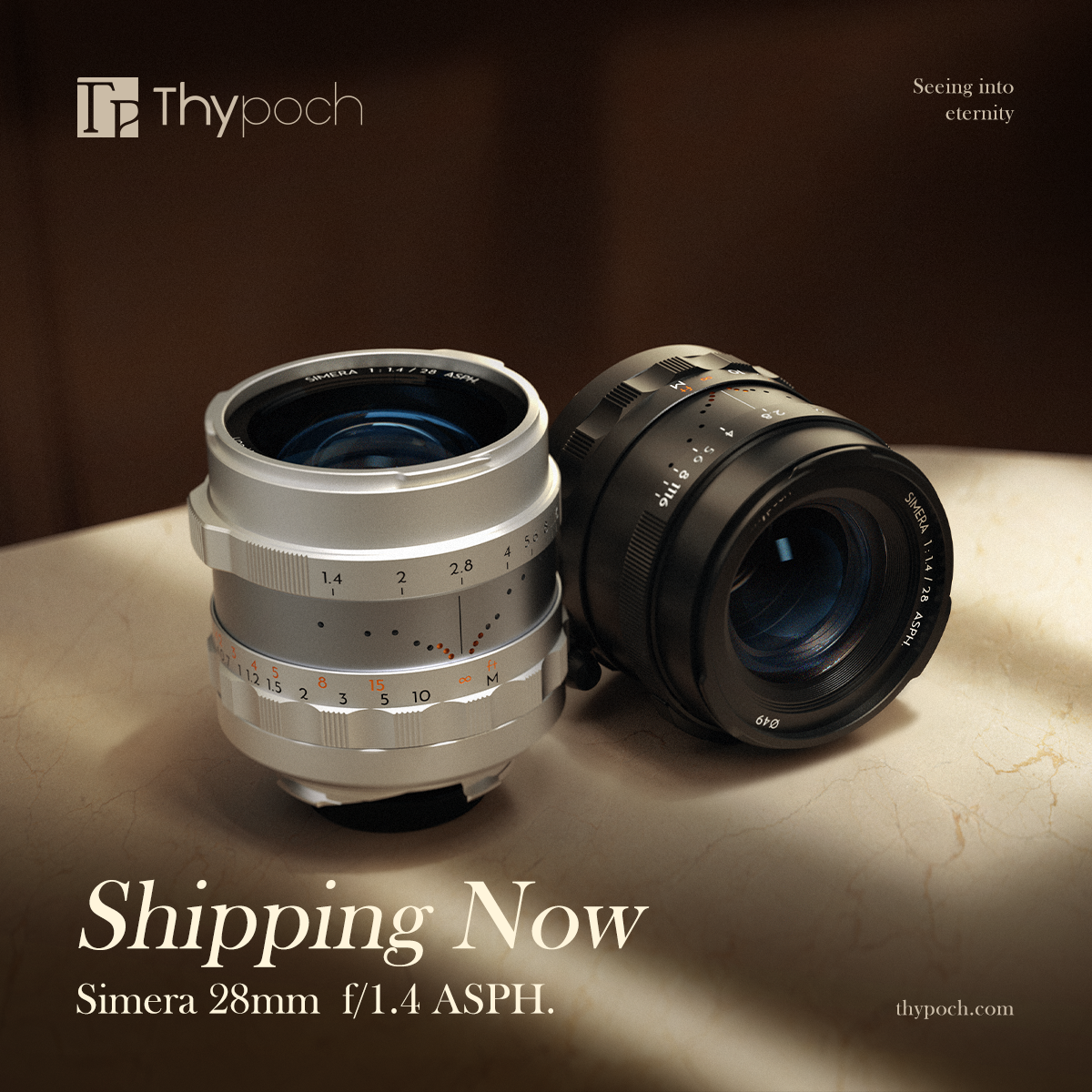
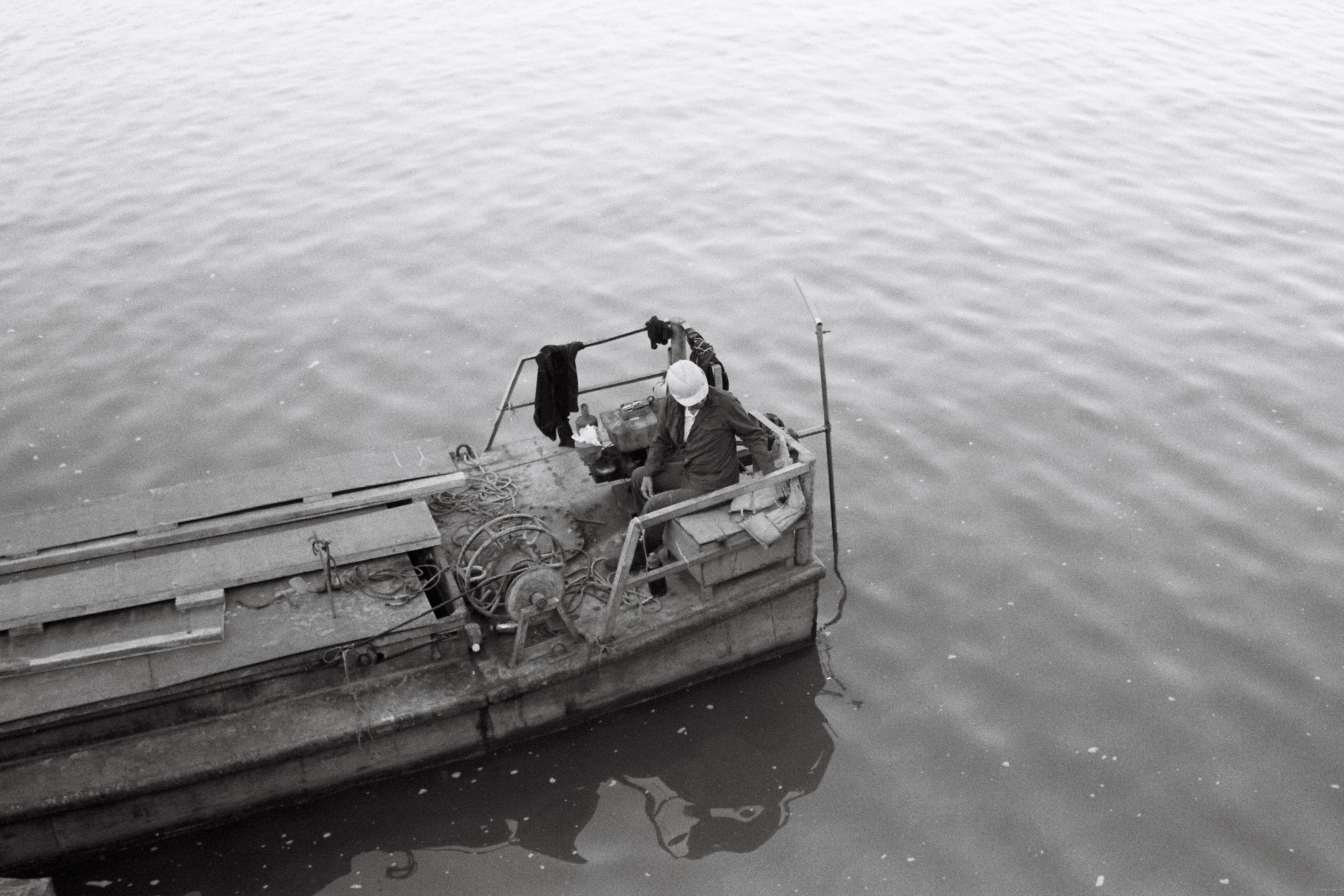
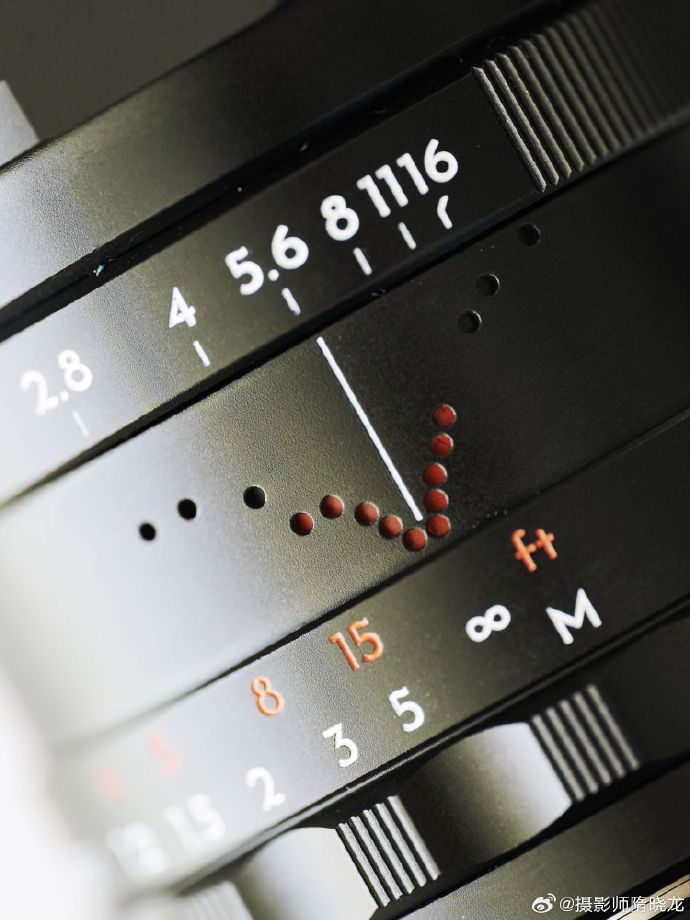
.png)
